
5 minute read
Laila AL Hadhrami on the Future of Smart Living
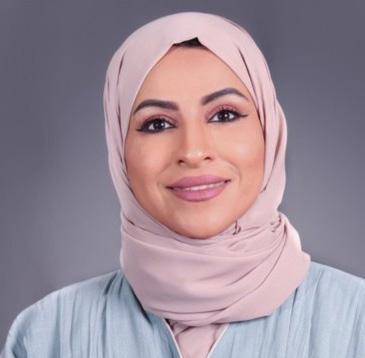
The move of the Cityscape exhibition from Dubai to Riyadh for the first time is an exciting development. It reflects the growing importance and potential of the real estate and urban development sector in Riyadh and Saudi Arabia as a whole. It demonstrates the commitment of Riyadh to showcase its progress, projects, and investment opportunities to a global audience. This move highlights the city’s aspiration to position itself as a regional hub for innovation, urban development, and sustainable growth in smart cities.
Advertisement
Laila AL Hadhrami Managing Director Cities & Communities Connector (C3) and Founding Board Member, World Metaverse Council
With a strong focus on the Middle East, Laila has become one of the region’s leading Smart Cities advisors. She is currently leading an advisory company in smart and sustainable cities, while also serving as an advisor for different global consulting firms.
What factors are driving the transformation towards smart and sustainable cities in the region? Why the need to change?
The transformation towards smart and sustainable cities in the region is driven by various factors. Rapid population growth and urbanization, coupled with environmental concerns and the need for economic diversification, have created a pressing need for change. The region is also experiencing the impacts of climate change, prompting a focus on resilience and sustainability. Technological advancements, including digital technologies and data analytics, offer opportunities to optimize urban systems and enhance resource management. Overall, the shift towards smart and sustainable cities addresses the limitations of traditional urban development models, aiming to create resilient, efficient, and livable cities for the present and future.
How would you describe a sustainable Gulf city?
A Sustainable Gulf City can be described as a city that embraces sustainability principles, just like any other sustainable city around the world. However, it stands out by reflecting the unique identity, culture, and DNA of the Gulf region. We understand that the Gulf cities have diverse cultures, and it is crucial to consider and respect these cultural differences in our sustainability efforts. Our main focus is on the community, building a city that improves the quality of life for its residents and becomes their cherished home. We strive to incorporate sustainable practices that are tailored to the region's environmental conditions, including the use of renewable energy sources, efficient resource management, and sustainable infrastructure. By engaging the community and considering the Gulf region's identity and culture, we create a Sustainable Gulf City that residents can proudly call their own and that truly enhances their lives.
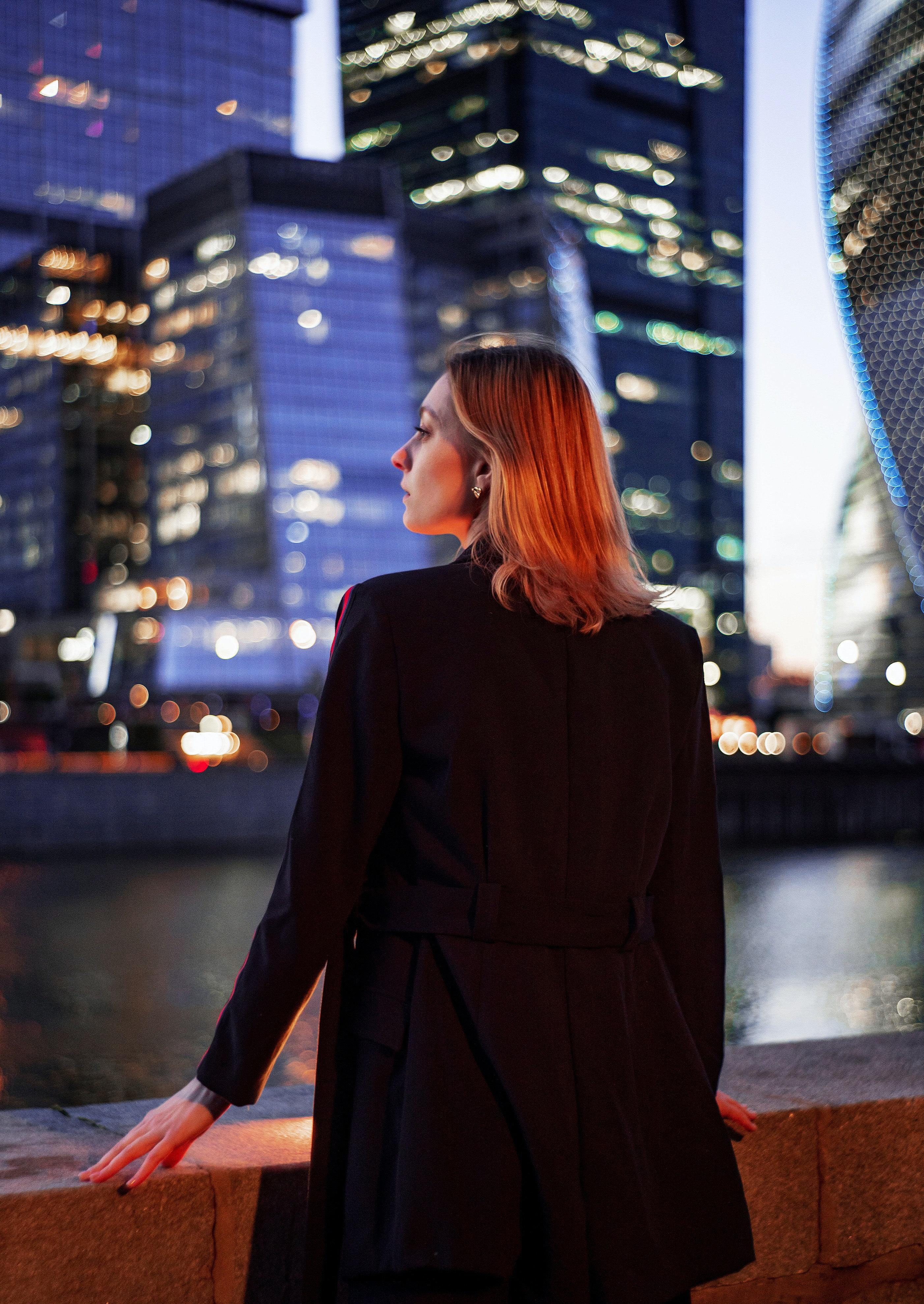
What are the biggest barriers to that transition?
The Arabian Gulf must have some unique challenges due to the desert climate, the heat, and the scarcity of water?
The transition to sustainable Gulf cities faces significant barriers due to the region's desert climate, extreme heat, and water scarcity. Challenges include adapting to the climate constraints, managing water scarcity through innovative approaches, thoughtful urban planning and design, promoting behavioral change and community engagement, securing financing and investments, and establishing supportive regulatory frameworks. Overcoming these barriers is essential to create sustainable cities that balance cultural preservation with sustainable infrastructure, efficient resource management, and widespread adoption of sustainable practices. Despite the challenges, addressing these obstacles presents opportunities for innovation and collaboration, leading to successful transitions towards sustainable Gulf cities.
What role will government regulations play in promoting smart and sustainable cities in the GCC? New technologies are always expensive in the early stages. How do you encourage adoption? And how do they become affordable?
Encouraging adoption of new technologies in the early stages, despite their initial expense, requires a multi-faceted approach. This can be achieved through research and development funding, financial incentives and subsidies, public-private partnerships, economies of scale, supportive regulations, and knowledge sharing. While the adoption of technology may come with upfront costs, the return on investment is substantial, both financially and strategically. Citizens today expect smart services in an era where technology serves as an enabler. At Communities connect cities, we empower cities to adopt a "Technology as a service" model, enabling them to implement successful and sustainable smart projects that deliver significant benefits both to the community and the city itself.

Are there examples of smart technologies that are currently being implemented in GCC real estate?
There are definitely a lot of examples. Smart technologies such as the adoption of IOT, AI, the Metaverse, and digital twins are playing a crucial role in building smart cities across the GCC region. Real estate projects are leveraging digital twins, which are virtual replicas of physical assets or entire cities, to monitor, simulate, and optimize various aspects of urban environments. Digital twins enable real-time monitoring, predictive analytics, and scenario testing, facilitating better urban planning, infrastructure management, and resource optimization. AI further enhances digital twins by analyzing vast amounts of data and providing valuable insights for decisionmaking and operational efficiency. The Metaverse complements these technologies by creating immersive virtual environments that enable remote collaboration, citizen engagement, and interactive simulations. Together, these emerging technologies are revolutionizing smart city development in the GCC, fostering sustainability, efficiency, and resilience.



Are there successful sustainable real estate projects in the Arabian Gulf to-date, and what we can learn from them?
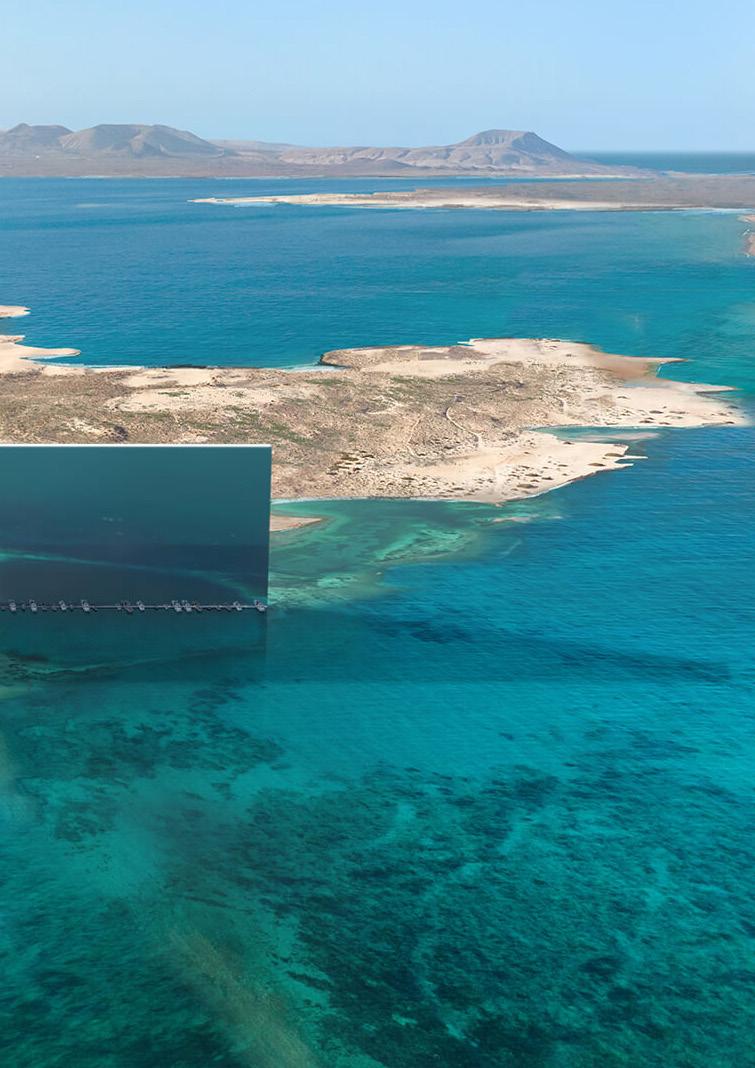
Several mega cities and smart city projects are shaping the Arabian Gulf region's urban landscape. In Saudi Arabia, The Line stands out as an innovative project within the NEOM mega-city. The Line aims to create a sustainable linear city powered by clean energy and integrated with advanced technologies. Qatar's smart city initiatives include Lusail City, a waterfront development focused on sustainable design, efficient transportation systems, and smart technologies. The United Arab Emirates is at the forefront of smart city projects, with examples like Masdar City in Abu Dhabi, a carbon-neutral development emphasizing renewable energy and advanced mobility solutions. Dubai's smart city initiatives, such as Dubai Internet City and Dubai Silicon Oasis, drive innovation and technology-driven urban growth. Oman is also investing in smart cities, with Sultan Haitham City designed to be a sustainable model city incorporating advanced technologies and renewable energy sources.
These mega cities and smart city projects exemplify the region's commitment to creating sustainable, technologically advanced, and livable urban environments. They integrate clean energy, advanced infrastructure, and innovative technologies to enhance quality of life, promote economic growth, and establish a foundation for the future. These ambitious projects demonstrate the Arabian Gulf's determination to lead in urban innovation and sustainability, with a focus on improving the well-being of residents while embracing cutting-edge technologies.
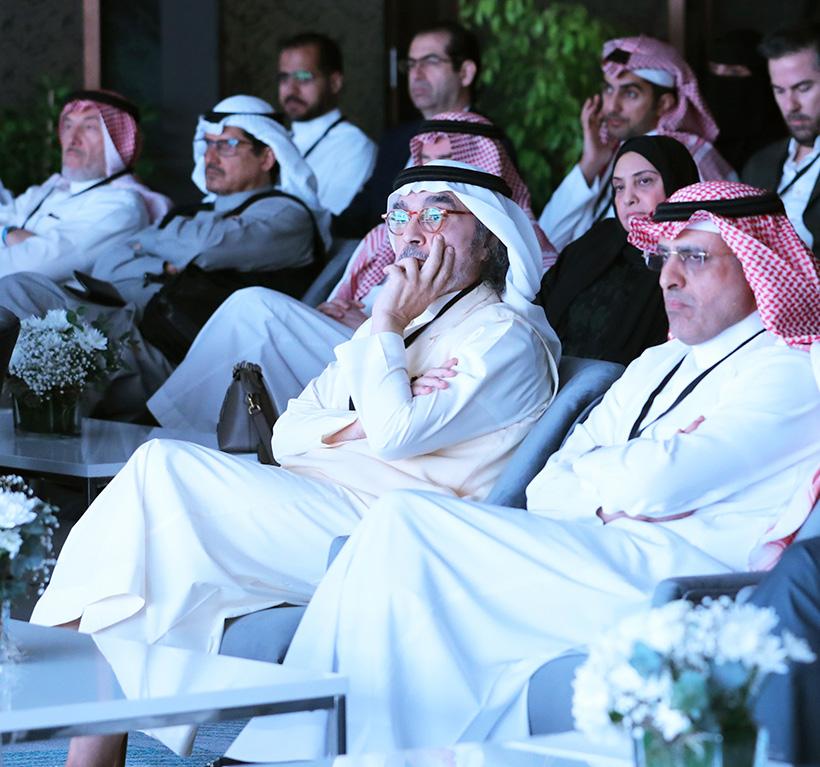
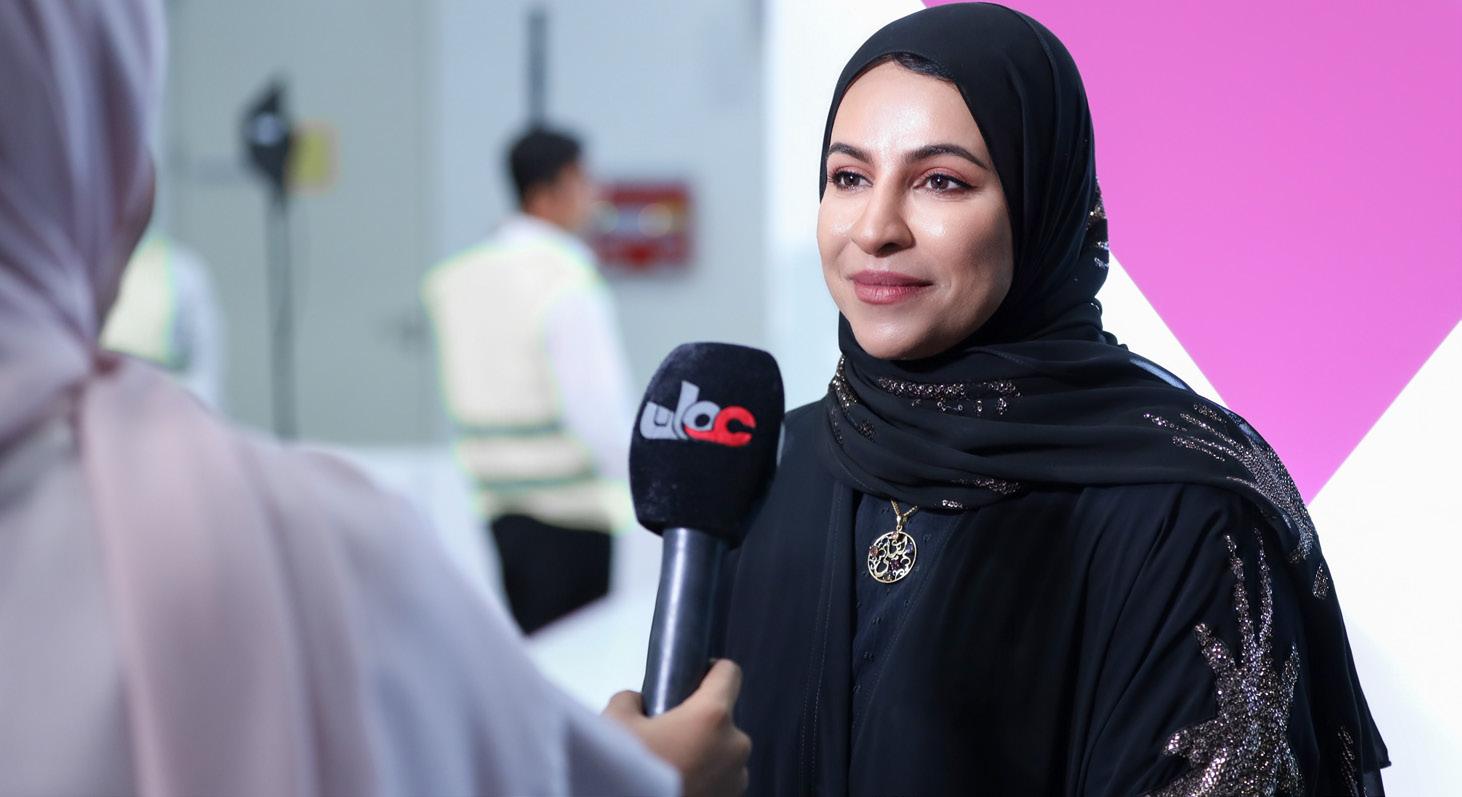
Cityscape attracts international attention. What opportunities do you see for international business and investors? How can they participate and contribute?
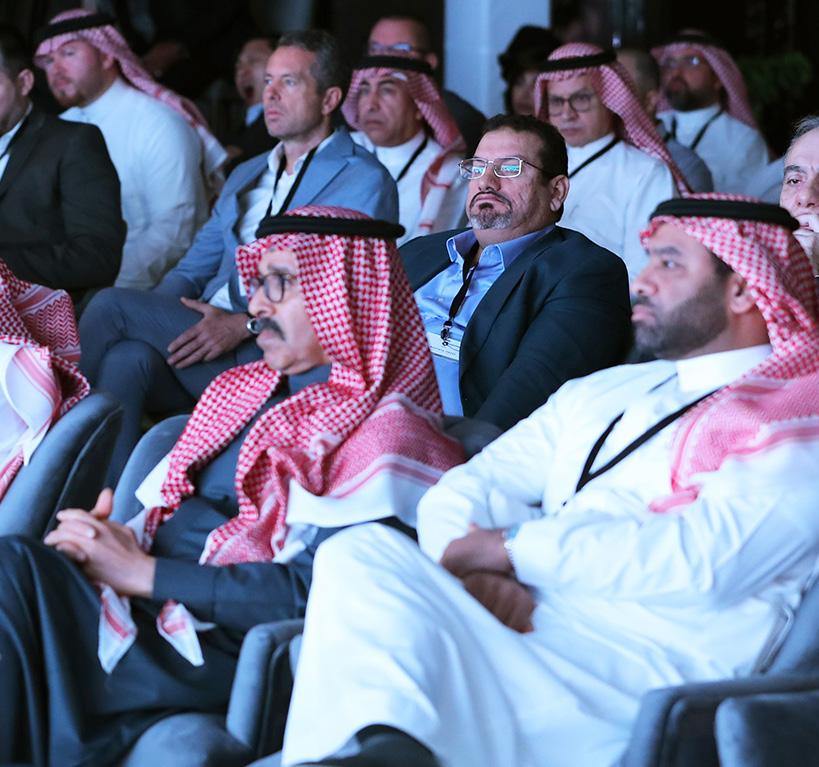
Cityscape presents international business and investors with valuable opportunities in the Arabian Gulf real estate market. I will be able to connect and learn more about the mega smart cities projects in our region and exchange experiences with my global colleagues from different cities around the world. Participants can explore attractive investment prospects, forge partnerships with regional players, showcase innovative solutions, engage in knowledge exchange, and support sustainable development. Participating in Cityscape enables them to identify investment opportunities, establish collaborations, expand their market presence, and contribute to the region's real estate sector. It is essential for international businesses and investors to conduct thorough market research, build local partnerships, adhere to regulations, and engage with local stakeholders to maximize their participation and make meaningful contributions.
“I am very excited to participate as a keynote speaker in this remarkable event.”










